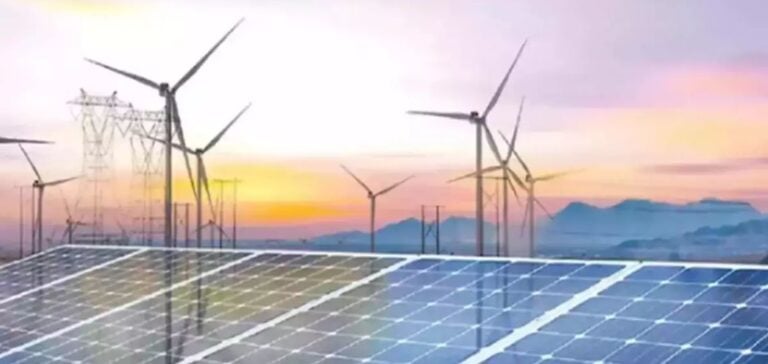Japan, the world’s fifth-largest greenhouse gas (GHG) emitter, has unveiled a draft revision of its Strategic Energy Plan. This update forecasts a significant drop in thermal energy’s share of the national energy mix, set between 30% and 40% by fiscal year (FY) 2040-2041.
Energy demand growth
This transformation is accompanied by an expected increase in electricity consumption. According to the Ministry of Economy, Trade, and Industry (METI), energy demand could reach 1.1 to 1.2 trillion kWh by FY 2040-2041, compared to approximately 985.4 billion kWh for FY 2023-2024. The increase would primarily be driven by digital transformation (DX) and industrial transition (GX), which require growing amounts of energy.
GHG emissions reduction targets
As part of its climate commitment, Japan aims to reduce GHG emissions by 73% by FY 2040-2041 compared to FY 2013-2014 levels. This new target aligns with the Nationally Determined Contributions (NDC), which the country must submit to the United Nations by early 2024.
Projected energy mix
The energy mix forecast for FY 2040-2041 is structured as follows:
– Renewable energy: 40%-50%
– Thermal energy: 30%-40%
– Nuclear energy: around 20%
This distribution marks a significant shift compared to FY 2023-2024, where thermal energy still dominates at 68.6%, compared to 22.9% for renewables and 8.5% for nuclear energy.
Lack of details on thermal energy sources
The report does not specify the breakdown of thermal energy sources, such as coal, liquefied natural gas (LNG), or oil. Additionally, the share of alternative fuels, such as hydrogen or ammonia, remains undefined for FY 2040-2041.
Current energy policy
By FY 2030-2031, under the 6th Strategic Energy Plan, Japan aims for the following targets:
– Renewables to reach 36%-38%
– Nuclear energy contributing 20%-22%
– Hydrogen and ammonia representing 1%
Fossil fuels, such as LNG, coal, and oil, would retain a reduced share, with 20% for LNG, 19% for coal, and 2% for oil.
Economic and political context
Japan’s strategic repositioning comes as balancing energy security, economic competitiveness, and climate goals remains a major challenge. Reducing thermal energy’s share could have economic implications, particularly for industries dependent on imported natural gas and coal.






















